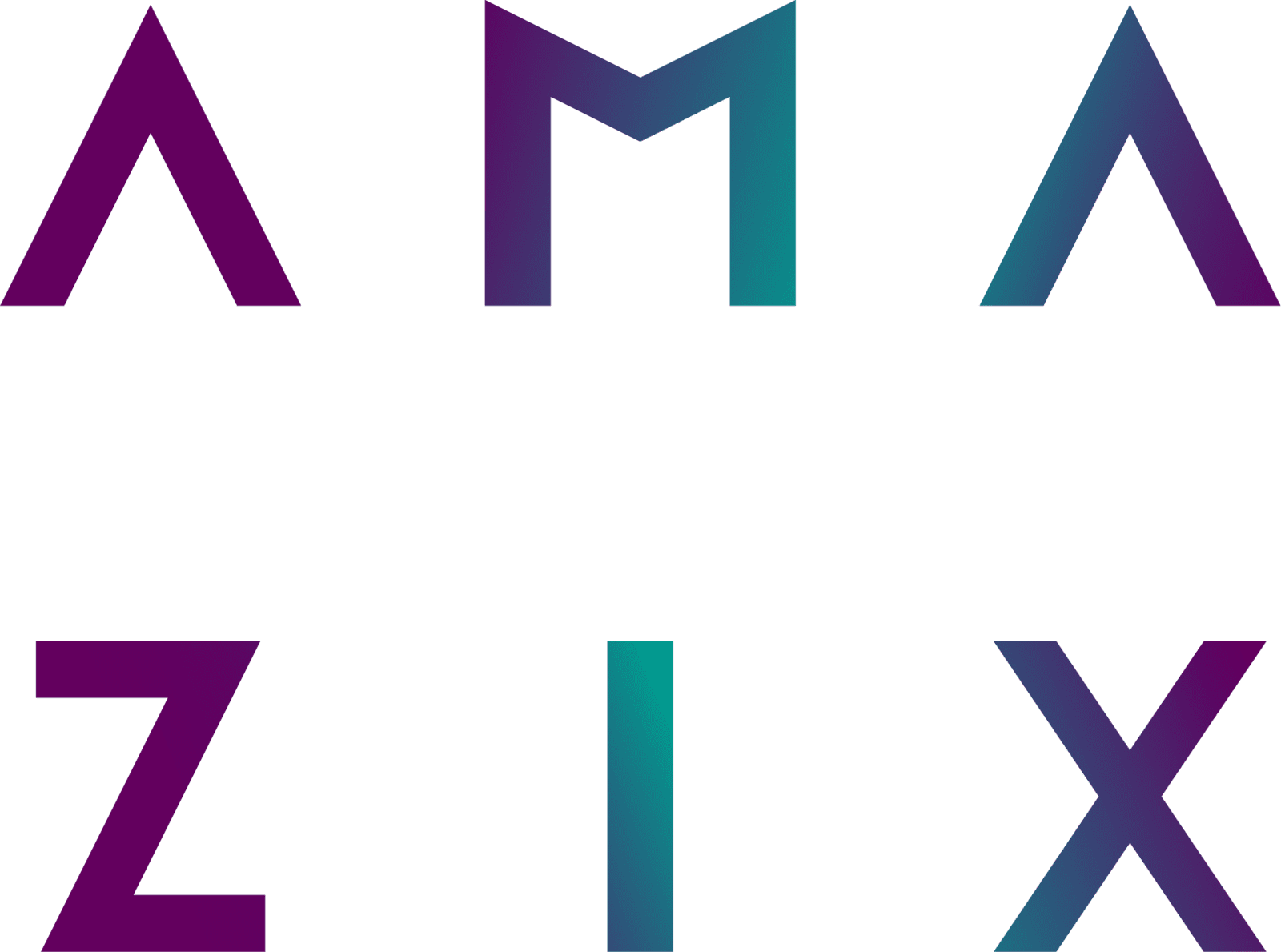
In our first and second articles on launching STOs, we lifted the lid on the US and Europe respectively. Now, as we journey further eastwards and into Asia, we continue with the same mission as before: to pick apart the regulatory frameworks we encounter to discover whether an STO is a truly viable alternative to an ICO.
In Asia, we encounter a complex regulatory tapestry which in general is far tougher than that to be found in the USA and Europe. The differing frameworks are often highly exacting, and at times financial authorities are completely hostile to blockchain startups. There are friendlier jurisdictions too, but more on that later.
For those already familiar with this series, we’ll also be treading some familiar ground. Once again, the topic of exemptions arises, as does the subject of the offering prospectus. Another familiar trend is that the wider and more democratic an offering generally is, the more scrutiny and greater regulatory burden financial authorities will place upon it.
China
If Beijing delivers one thing for the cryptocurrency industry it is regulatory clarity. China’s regulatory body is strongly opposed to initial coin offerings and security token offerings. Huo Xuewen, chief of Beijing’s Bureau of Financial Work, recently offered clear advice on ICO and STO best practice: “I want to warn those who are promoting STO fundraising in Beijing. Don’t do it in Beijing. You will be kicked out.”
While there are guides to circumventing Chinese authorities, if there were a snappy slogan advising the best course of action for conducting an STO in China, it would simply read “Don’t.”
Hong Kong
In Hong Kong, the regulatory framework is a little friendlier than in mainland China, but there are still strict rules which govern every aspect of the offering. Unless an exemption applies (and these are few), any company looking to conduct an STO must register and acquire a license. Even with a license, STOs and other securities are available only to family offices, hedge funds, fund managers, high net worth individuals and other professional investors. In Hong Kong, to qualify as a professional investor you must have a net worth of HK$8 million (US$1 million) or more, making STO investment the sole preserve of the wealthy.
Companies that elect to ahead and conduct an STO will need to satisfy the Securities and Futures Commission (SFC) of their financial status, educational or professional experience, reputation, character and integrity. In short, attempting to conduct an STO in Hong Kong is no easy ride.
Thailand
The Securities and Exchange Commission of Thailand (SEC Thailand) has been one of the most active governing bodies in all of Asia when it comes to regulating cryptoassets.
The relevant parts of Thai law, which came into effect on 14 May 2018, are the Emergency Decree on the Digital Asset Businesses B.E. 2561 (C.E. 2018) (“Digital Asset Businesses Decree”) and the Emergency Decree on the Amendment of the Revenue Code (№19) B.E. 2561 (C.E. 2018) (“Amendment of the Revenue Code Decree”).
These distinguish “cryptocurrencies” from “digital tokens” (the key distinction offered by the SEC being that cryptocurrencies act as a pure medium of exchange while digital tokens carry rights) and set out distinct regulations for each.
Thai legislation also defines different types of digital asset business activities: “(1) a digital asset trading center/exchange; (2) digital asset brokerage; (3) digital asset trading; and (4) other activities related to digital assets as specified by the Minister of Finance “, and establishes three distinct forms of licenses that are required for participation in each of these activities. It also distinguishes various types of players, tokens, and market activities associated with the issuance and trade of cryptoassets.
Despite the extensiveness of Thai legislation surrounding cryptoassets, regulators have been relatively conservative in actually facilitating cryptoasset-related activities. Currently, Thailand allows only BTC, ETH, XRP, and XLM to be used for base trading pairs and as investment capital for token sales . Token issuance may only be conducted via SEC approved ICO portals of which there are currently only three. Of the abovementioned digital asset business activity licences, a total of only nine have been granted.
While STOs are currently still illegal in Thailand, the prospects for legalization are good. Archari Suppiroj, director of the fintech department at the Thai SEC, has stated, “In the future, the SEC will issue a criterion that allows companies to apply tokenization to securities and other assets. This will help bridge the digital asset royal decree and securities … The next step is for an issuer to offer security tokens in the primary market.” Though Thailand is not yet a hotbed for STOs, the Thai market could easily break out as a key territory for security token issuers in the near future.
South Korea
South Korea has something of a love/hate relationship with cryptocurrencies, initially emerging as a crypto hotspot within the region until the Financial Services Commission (FSC) brought in stringent rules which banned ICOs completely. That action sparked rumors of a total ban on cryptocurrencies, but South Korea’s Financial Services Commission (FSC) never went so far. This has allowed cryptocurrency exchanges in South Korea to remain in good health, with the average crypto trader increasing their holdings by 64.2% last year, according to one recent survey.
With a strong and growing exchange market, there remains the hope that regulated fundraising vehicles such as STOs could eventually win favor with the FSC. As yet, details on how exactly this would be achieved under the strict oversight of the ruling body remain scant. If South Korea is to move beyond speculation and take advantage of the blockchain industry to its fullest, greater guidance must be issued, or one of the world’s most technologically advanced nations risks being left behind.
Japan
The regulatory framework in Japan has some way to go before clarity is achieved. The mood music from the Financial Services Agency (FSA) seems to indicate that security token offerings will be treated in much the same way as traditional securities. The existing legislation, as applied, is the Financial Instruments and Exchange Act (FIEA), and again, it is demanding. To issue a security in Japan, a Securities Registration Statement (SRS) must be made with a local finance bureau through an attorney.
This substantial document must include information such as the nature of the security offered, company and employee information, assets, shareholdings, the investment structure and policy, and fully audited financial statements. This is an exacting process and requires serious financial backing.
There are exemptions to completing an SRS for “private placements” but these fall under similar provisions as elsewhere, limiting the sorts of investor who can participate. For example: qualified investors such as banks, securities firms, insurance companies and investment managers. Specified investors including specialized securities companies and businesses with over ¥500 million in capital. Lastly, qualified investors, which includes pension funds of over ¥10 billion and high net worth individuals who own ¥300 million.
The Philippines
The Cagayan Economic Zone Authority (CEZA), a Philippine government agency responsible for managing the Cagayan Special Economic Zone and Freeport, regulates STOs. CEZA has released a relatively comprehensive framework for the regulation of cryptoassets. CEZA’s first STO, Flourish City Development, was announced in July 2019. CEZA Administrator and CEO Raul Lambino has stated that this STO marks CEZA’s first step on the path to becoming the “ Crypto Valley of Asia.”
Singapore
In Singapore, anything judged a security by the Monetary Authority Singapore (MAS), including STOs, is regulated. STO regulation falls under the Securities and Futures Act (SFA) and requires any company conducting a security offering to register with the body and file a formal prospectus. As with prospectus submissions elsewhere this is no picnic.
There are also a number of exemptions which may be worthy of consideration. An exemption can apply when:
- Residents of Singapore are excluded from participation.
- The STO is privately marketed to only 50 people — effectively a “private placement” exemption.
- The offering is S$5 million or under, equivalent to US$3.6 million.
- The offering is made to institutional investors or accredited investors only. An accredited investor must have net assets of S$2 million or annual earnings of S$300,000 and general solicitation is not allowed.
Exemptions are generally subject to advertising restrictions which are worth heeding. In January of this year, MAS shut down an STO using an accredited investor exemption after it posted details of its offering on LinkedIn. Since LinkedIn is a public platform, MAS judged this as general solicitation. So even in Singapore, which has the reputation of being more “crypto friendly” there are definite pitfalls to be avoided.
The alternative
In much of Asia, conducting an ICO or STO is incredibly challenging. The primary benefit of conducting an STO is that by inviting regulators on board, it demonstrates the probity and scrupulousness of your business. In areas such as China, however, to invite regulation is to invite shutdown and attempting to skirt regulations entirely can be a risky affair.
Even in areas which have a reputation for being “crypto friendly” the regulatory framework imposed on Asian security offerings makes them difficult and expensive, or effectively private placements. For that reason, at present, conducting a fully regulated STO in the region seems a largely theoretical exercise. In some sense that is what makes the space so exciting, and one to watch with anticipation. The door of opportunity remains wide open. Who will walk through first? Singapore? Japan? Perhaps even Malaysia, the Philippines or Thailand.
Originally published at https://www.amazix.com.
By AmaZix Editorial on September 9, 2019.
Exported from Medium on January 30, 2020.
